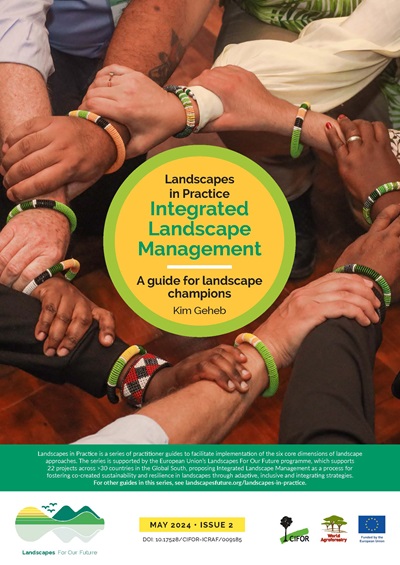Key messages
- Iterative and adaptive learning are seen as key characteristics of effective Integrated Landscape Management (ILM) initiatives, yet ILM implementers may need support to operationalize iterative learning and adaptation in their programmes.
- Given that landscapes are highly complex and dynamic socio-ecological systems fraught with uncertainty over how they function, interact and react, stakeholders involved in management should adopt a ‘learning by doing’ approach to identify best practices and improve over time.
- Adaptive management is an approach that treats management as an experiment that tests interventions based on available information, and evaluates outcomes to adjust future management decisions and actions.
- By convening stakeholders to work together towards a common goal (to collaborate), and by promoting social learning (developing a shared understanding within groups), ILM facilitators can encourage an iterative approach to planning and decision-making to better manage complexity in a changing world with many unknowns.
- There are four steps that can assist in operationalizing this concept in ILM: stakeholder engagement, problem/objective definition, action planning, and monitoring/reflection (then back to action).
DOI:
https://doi.org/10.17528/cifor-icraf/009261Altmetric score:
Dimensions Citation Count:
Publication year
2024
Authors
Cronkleton, P.; Bourne, M.; Walji, K.
Language
English























